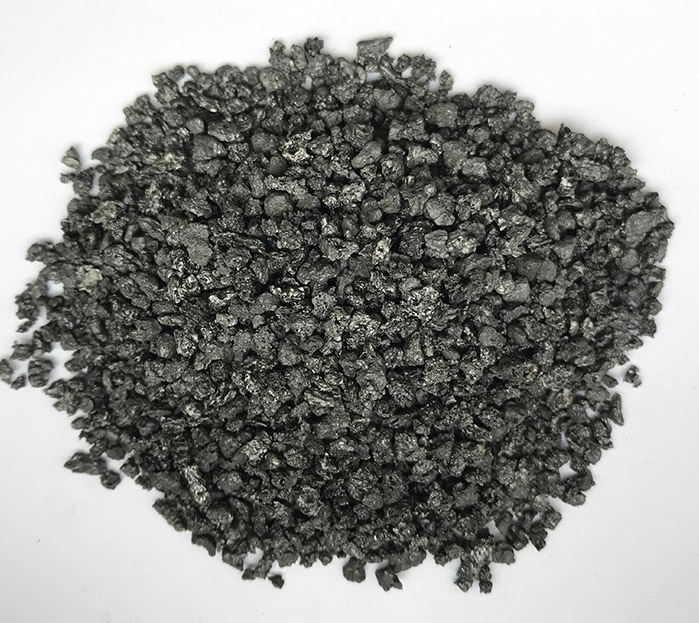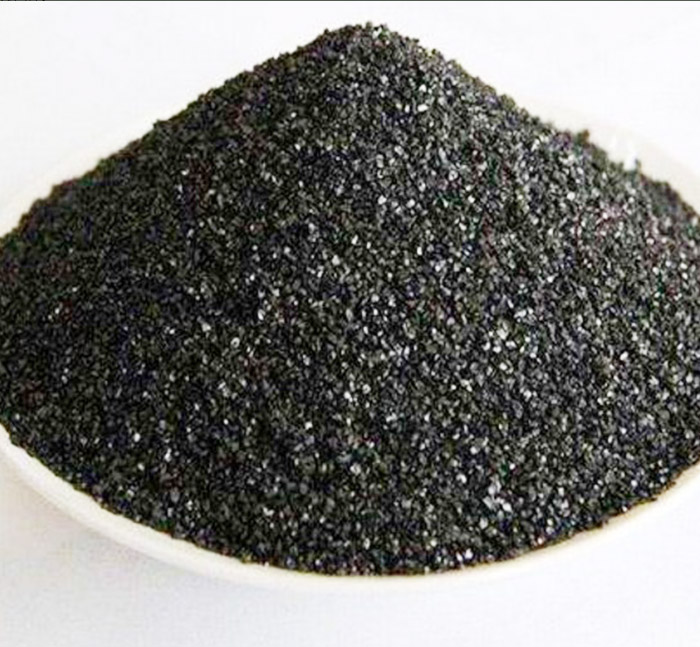Petroleum coke, the name may sound unfamiliar, but it is actually all around us. It is the final product in the process of petroleum refining, mainly obtained by distilling and separating light and heavy oils from crude oil, and then converting them through thermal cracking. This black or dark gray solid coke has an irregular shape, a metallic luster on the surface, and a honeycomb like porous internal structure. Its main component is carbon, accounting for over 80% of its weight, with the remaining parts being hydrogen, oxygen, nitrogen, sulfur, and some metallic elements.
The appearance and properties of petroleum coke actually depend on the specific conditions during the production process and the properties of the raw oil. According to different coking methods, petroleum coke can be divided into four types: open hearth coke, kettle coke, delayed coke, and fluidized coke. The first two types of coke are rarely produced anymore, and currently China produces a large amount of delayed coke.
According to the heat treatment temperature, petroleum coke can be divided into two types: raw coke and calcined coke. Coke is obtained through delayed coking (or other coking methods), which contains a large amount of volatile matter and has low mechanical strength. And calcined coke is obtained by calcining raw coke, which is usually carried out in carbon plants.
According to the sulfur content, petroleum coke can be divided into high sulfur coke, medium sulfur coke, and low sulfur coke. According to their appearance and performance, petroleum coke can be divided into three types: sponge coke, honeycomb coke, and needle coke.
Petroleum coke has a wide range of applications and can be used in industries such as graphite manufacturing, smelting, and chemical production based on its quality. For example, using petroleum coke as raw material can produce graphite electrodes with lower resistivity. This type of electrode has a wide range of applications in battery manufacturing and other electronic devices.
Overall, although petroleum coke may sound complex, it is actually present in our daily lives. It is a very important industrial raw material that plays an indispensable role in the development of many industries. Next time you hear the word 'petroleum coke', why not think more about the story and uses behind it!



